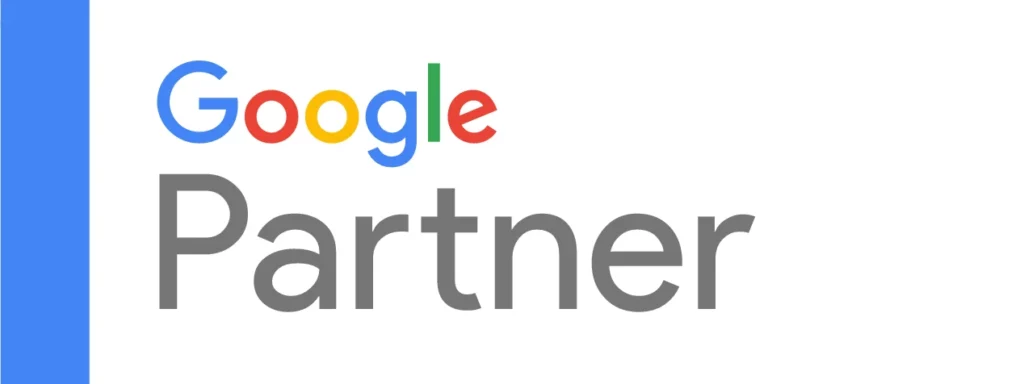Negative Keywords: Many PPC specialists either do not use any negative keywords, or they think they can only add in negative keywords AFTER they come in from the search queries. Another mistake is that they ONLY look at the words that come in and do not think about word associations.
PPC Specialists should be able to come up with a long list (several hundred at a minimum for most campaigns) of negative keywords before they even launch a campaign. Many specialists have a generic list they share between accounts that they always exclude, and then they create another list for specific industries. A specialist should always manually go through and create lists of negatives using keyword tools to find things that are similar to the product/service they are promoting, and make sure to add a long list of those items. When a specialist comes across a keyword that might be similar to other items, they should take a look an expanding more negatives that relate to that topic. For example, if you are promoting a service that a person might try as a DIY they might be buying the accessories so you would not just want to exclude the word “accessories” or a top keyword, but any word you can think of that the customer might use where they could do it on their own.
Targeting: This is a very common problem with specialists using the Google recommended setting for the geographical area where it says to target people “living in and interested in” a location. This is a bad setting to turn on because you will get people from out of their target area looking on Google for a service but do not live there. It is best that you choose the middle option on Google for “only people living in the location.” If you really want to make sure you don’t get any outsiders, it is best to add in excluded countries/states/regions of the surrounding area that you are targeting.
Another thing to also think about is if you are managing a local service business in one state, it might be wise to add in the other 49 state names and abbreviations as negatives to make sure you don’t come up on searches for people in one state looking up a service in another state. Be careful of the abbreviations for Oregon (OR) and Indiana (IN) as these are words you might not want to exclude.
Search and Search Partners: Depending on what the data shows, it might be best to turn off your ads from appearing on search partners. Sometimes you can get lower CPAs but it is best to test and find out what is working. You can segment out your data in your dashboard by using the segment dropdown and see the results for each campaign based on search/search partners.
Bidding on single keywords: If you do not have a long list of negative keywords you will not want to bid on single keywords that can be very broad. If you are bidding on a single keyword, make sure you at least set it to broad match modified by adding a + symbol in front of it, phrase match, or exact match. These single words are typically less likely to convert (unless it is a brand name you are selling, but it still might convert at a higher CPA than if you have a brand name plus a product name after it).
It is best to bid on longer tail keywords. I find a lot of accounts end up bidding on shorter phrases of words (since it is easier to come up with them using the Google keyword planner), but the words that end up converting better and may even be cheaper to bid on (since others are not bidding on them) are the ones that are longer tail (3+ keyword phrases). Typically, my rule of thumb is to start with a minimum of 2 or more words set to broad match modified and then look for longer tail keyword phrases in the search queries report to figure out what other words I should be adding in. If you go with 3 or more words, it might be wise to only have the broad match modifier symbol only on the top crucial words because it might end up coming up as “not many searches” in the AdWords interface.
Wrong keyword matching: There are many accounts that are missing the use of broad match modifiers on their keywords. All of the keywords are broad match and they don’t have a single word set to BMM to make sure Google at least has that one keyword show up. Google will then match any word relating to that keyword and it might not be your intended target keywords.
Duplicate keywords in multiple ad groups/no cross-AdGroup negatives: Many times people will not even realize it, but they will add more keywords that Google suggested to another ad group that happens to be in another group. What ends up happening is that Google has to choose which keyword to use and the different ad groups may end up having different bids, different ads, and other extensions that will cause the keyword to appear more often one group. It is best to not have duplicates and have your keywords in tightly defined ad groups.
Also, if you have a “general” ad group which only has a shorter keyword, you will want to have negatives in that ad group to force the longer tail ad groups to deliver ads that have more specific words. I typically take my crucial keyword and name my ad groups so that I can use those top crucial words to place as negatives in my general campaign.
Too few ad groups: Most PPC experts would agree that the fewer keywords in an ad group the better it will perform. This really depends on your campaign set up, the service/product being promoted, and how many ad groups you want to manage. It is best to have ad groups with only 25 keywords, but if all 100+ keywords are really similar long tail keywords and the ads will most likely be the same then I think it is fine to have more than 25.
Let me give an example of where this works: The ad group is for “Carpet Cleaning”, but you also want to add in all the cities to make the keywords longer. The reason you would have more than 25 keywords and would not put them in separate ad groups is because you may not want to manage an ad group for every single city. A carpet cleaning ad group is as specific as you want to get. Now you could go further with additional ad groups for more specific types of carpet cleaning and go even longer tail with “residential”, “commercial”, etc. and then have the cities again.
Too few campaigns: It might seem easier to manage less campaigns or you only have a set budget, but it really is easier to separate out services/similar product groups into their own campaigns so that your negative keyword list is easier to manage by adding negatives to the whole campaign of similar products/services versus trying to add negatives to a portion of all your ad groups when you have all your services mixed together in one campaign. If you are concerned about sharing your budget, just set up a shared library budget and apply is across all your campaigns.
Sending people to the home page: It is critical that you send people to a very specific landing/product page for your campaigns. Sending people to a generic home page will not help convert these potential customers you are getting from paid search.
Landing page with no call to action: Many times, I see landing pages with poor user experience and lack of information. I’ve seen phone numbers that aren’t links to auto click from a mobile device, non-mobile friendly website, too much content, lack of a CTA or lack of a button for the CTA, lack of a form to fill out at the top of the page, and so much more. Many conversions are missed due to poor conversion rate optimization.
No conversion tracking set up: almost every client I take on has conversions missing—including the ones that were previously managed by SEO agencies.
Get in touch with us to see how we can help you!








